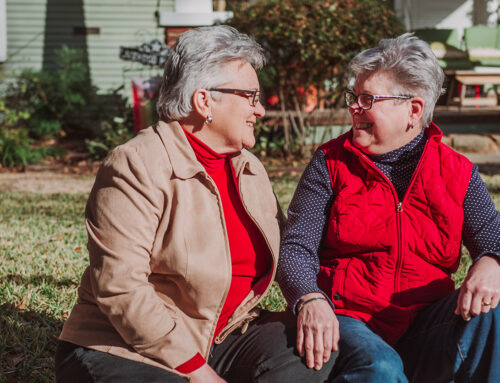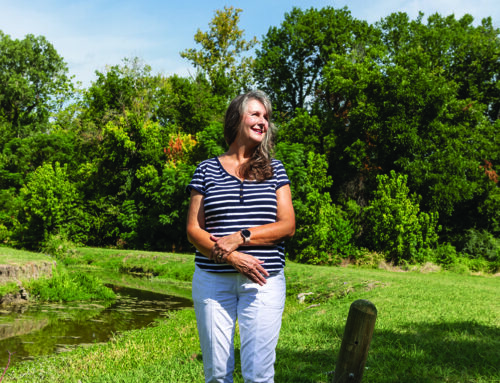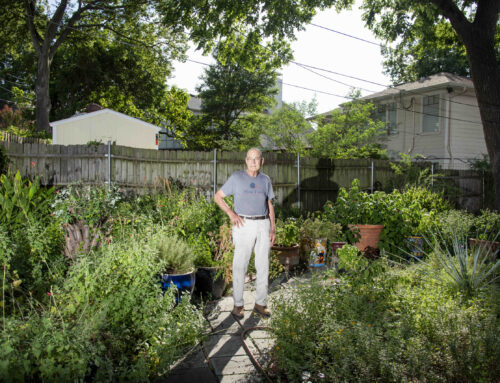The real reason why the city wants to regulate neighborhood markets
It does not seem like the sort of thing that should cause a controversy in the ninth-largest city in the United States. But this is Dallas, where city officials always seem to be able to create a controversy, whether we need it or not.
They’ve done such a good job, in fact, of controversializing community gardens and neighborhood farmers markets that almost no one who does a garden or market wants to talk about it. I’ve spent the past three weeks calling local and national advocates for each, and hardly anyone wants to discuss the subject on the record. Most of the national people didn’t even bother to call me back, and the one who did went out of her way to emphasize that she could not comment on what was going on in one particular city.
Meanwhile, the local people — again, most of whom didn’t call me back — are afraid of what the city could do to them if they criticize the process. And believe me, there is plenty to criticize.
One would think that a city that prides itself on being as progressive and as eco-friendly as Dallas does would want community gardens and neighborhood farmers markets. And one would be wrong. Dallas doesn’t want them; Dallas wants to regulate them, and I have a sneaking suspicion that the goal of regulation is to put them out of business.
City spokesman Frank Librio told one Advocate editor that Dallas officials must iron out a host of wrinkles — zoning, enforcement of health codes, and payment of sales tax. He was talking about farmers markets, but the city has approached community gardens with the same regulatory zeal. I can maybe — maybe — understand those concerns when it comes to the markets, even though most of the neighborhood markets are held in strip center parking lots which are already zoned for retail, and anyone who has seen the moldy produce at the city’s farmers market would smile at questions about health codes.
But regulatory concerns for gardens? Zoning for a garden? How do you zone a tomato plant? City officials may not have noticed, but community gardens are not something that has popped up overnight. In Britain, for example, where community gardens and local markets have existed for hundreds of years, Prince Charles is the patron of the Federation of City Farms and Community Gardens. Yes, that Prince Charles.
Yet in Dallas, one of the regulatory proposals from the city staff equated markets with garage sales. Even several members of our city council thought that was a bit odd. The current proposal is a bit onerous, but it still smacks of regulation for regulation’s sake.
Talk to enough people, in and out of the local market and garden community, and the city’s reluctance to accommodate markets and gardens always returns to the same subject: the city-owned, deficit-ridden, we-just-spent-$6.6-million-in-bond-money, downtown farmers market. And it’s difficult to argue with that.
We have a long history in Dallas of refusing to admit our mistakes and to continue to throw good money after bad, of which the downtown farmers market is a prime example. Nothing the city has tried, and no amount of money it has spent, has helped. I did a story several years ago about the growth of farmers markets for a food magazine, and talked to an important market organizer in New York City. He laughed when I told him I lived in Dallas, and asked if they still sold supermarket produce at the farmers market. So it’s not like our failure is a huge secret.
Except, of course, to the bureaucrats downtown, who keep insisting that with a tweak here and a million dollars there, the farmers market will eventually work. Which, of course, assumes that the city has the time and money to continue spending on the market.
Which we don’t, given the budget disaster that has formed around us. What we do have are neighborhood markets and gardens — if the city would only let them do what they do.





